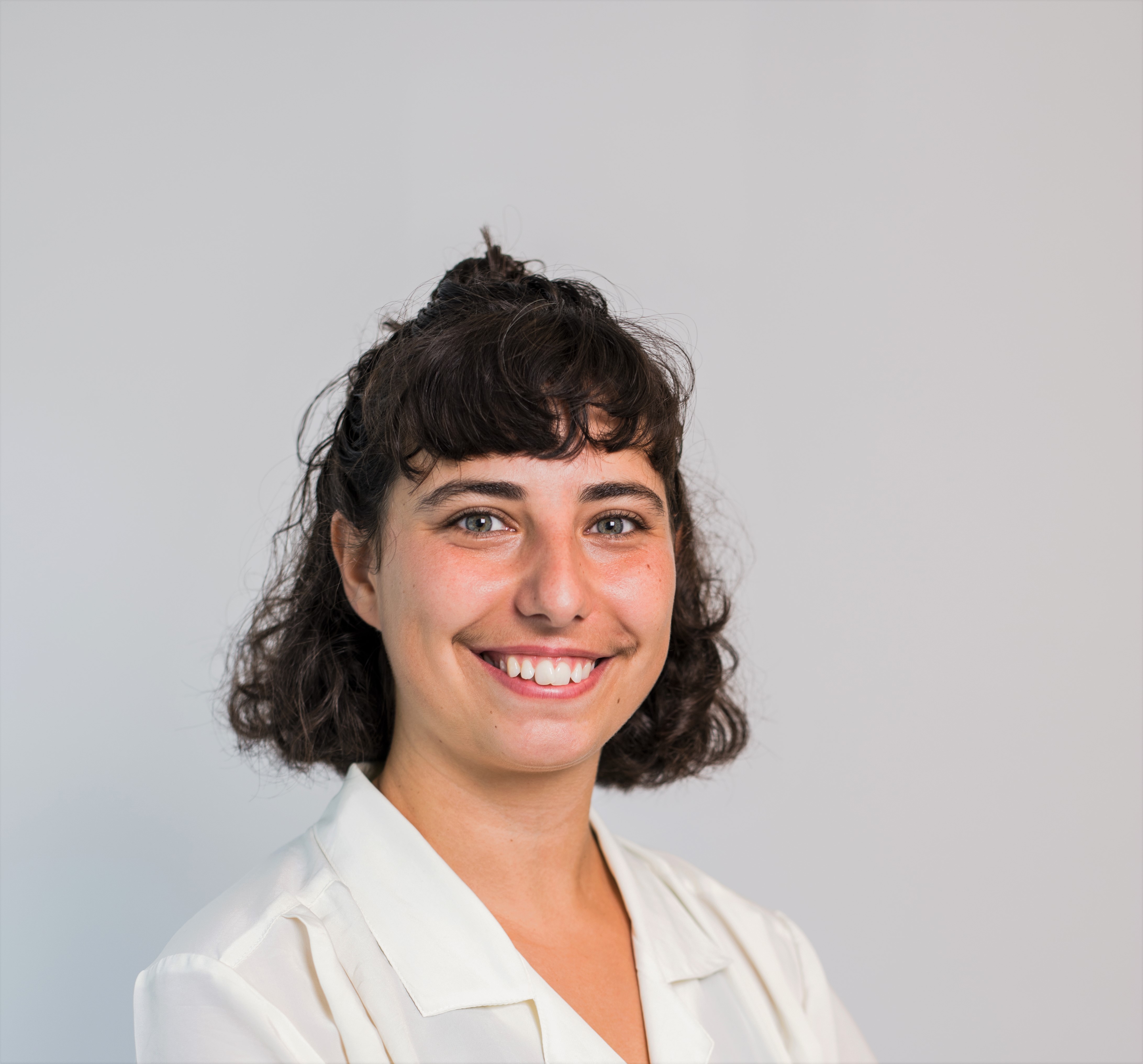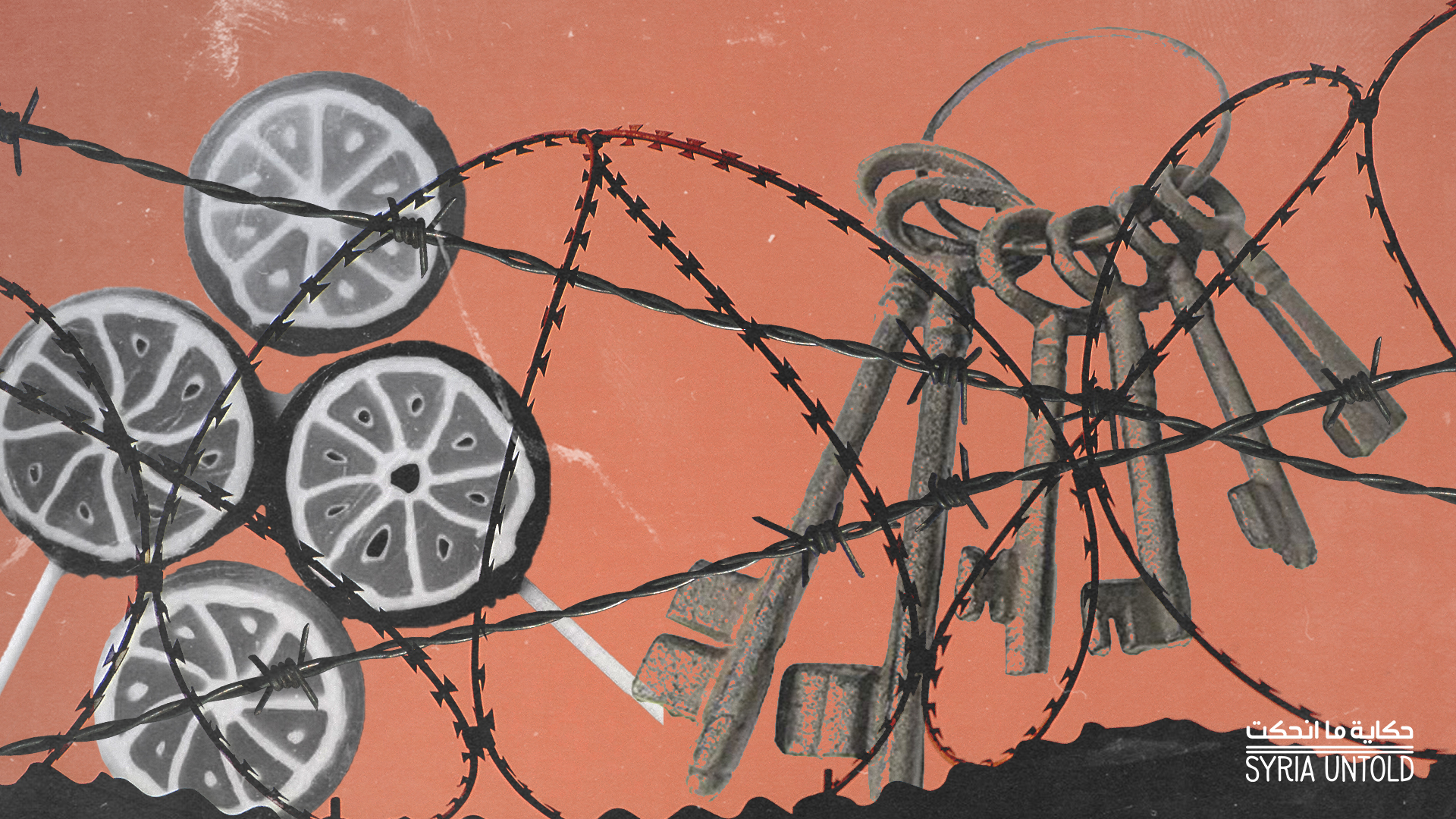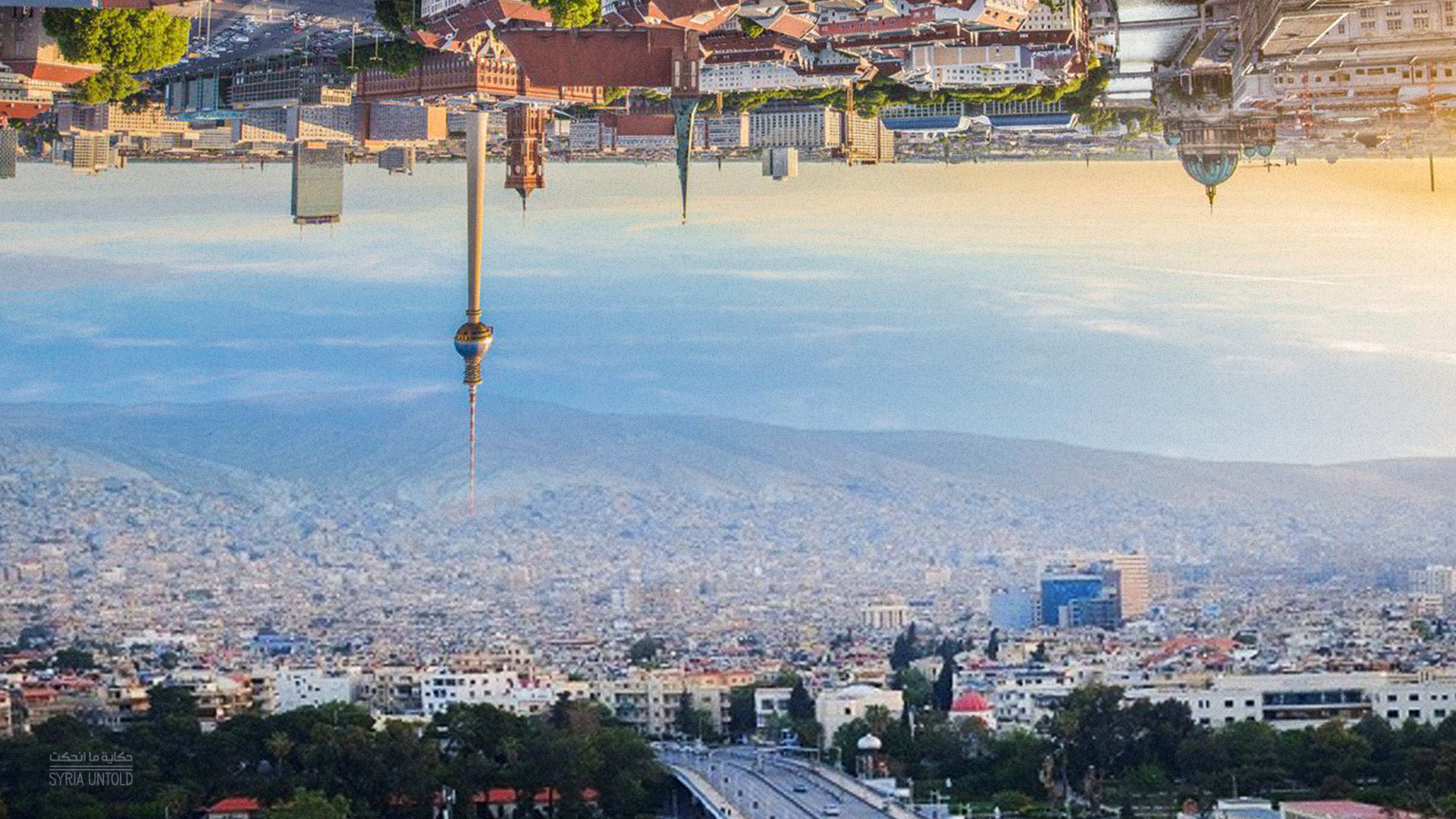Since Aya Abu-Daher was granted asylum in Denmark in 2015, she did everything that was expected of her and more: she learned the language, made plenty of Danish friends and was only three months away from her high school graduation, aiming for university.
When news broke that the 19-year-old student had been denied an extension of her residence permit, there was a public outcry. Her classmates wrote an open letter to the Minister of Immigration and the principal of her school appeared alongside her on national television to defend her right to remain in Denmark.
Soon, Aya’s story was followed by those of Faeza, Akram, Ghalia, Heba and many others, drawing international headlines. Denmark had become the first European country to revoke residence permits from Syrians, despite warnings from both the UN, the EU and Amnesty International.
But how did we get here? The short—and most common—answer is that the Danish authorities published a report in 2019 deeming the city of Damascus “safe” enough for Syrians to return, if they are not personally persecuted by the Assad regime. Based on the conclusions of this report, the Danish Immigration Service has now revoked the residence permits of at least 94 Syrians from Damascus and the surrounding Rural Damascus governorate. Some are still waiting for the outcome of their appeals, while at least 34 have already received their final rejections. At least 500 cases of Syrians from these areas are expected to be reassessed this year
A decade on, how can we work to free Syria’s detainees?
16 April 2021
‘Palmyra syndrome’: What are Syrians allowed to speak about amid war and revolution?
02 April 2021
As shocking as Denmark’s policy may seem, it does not come out of the blue. Rather, the decision to revoke residency permits is the result of more than six years of increasingly restrictive asylum policies that have slowly but surely eroded the rights of people who are granted protection in Denmark.
To get to the core of this issue, we need to go further back than the 2019 report—all the way back to 2014, before the so-called “refugee crisis” of Europe was at its peak. Noting an increase in asylum seekers from Syria, the former Social Democratic government proposed the adoption of a “temporary protected status”—also known as Article 7.3 in the Danish Aliens Act.
Adopted by the Danish parliament in 2015, this type of status is granted to people whose need for international protection stems from a “particularly grave situation” in their country of origin. Up until this type of status was introduced, those people had been eligible for regular protected status (7.2 status), which at the time provided five years of protection on par with the protection granted to people at risk of personal persecution (7.1 status).
The point of introducing the 7.3 status was to make it easier to send these people back as soon as possible when the war would end. For this reason, it is only granted for one year at time. The message was clear: Syrians fleeing the “general situation” should not count on a lasting future in Denmark. This is the type of protection that Aya Abu-Daher and many of the other recently rejected Syrians have held.
What is perhaps even more crucial for the decision to revoke residence permits from Damascenes today are the written remarks that accompanied the 2015 law. Noting a 2011 ruling by the European Court of Human Rights, these remarks state that a residence permit based on the general situation in the country of origin can be revoked if the situation has improved—even if the situation “continues to be serious, fragile and unpredictable.”
As it turns out, the decision to revoke residence permits has less to do with the question of whether Damascus is safe and more to do with the question of how “safety” is defined in the first place. And there we have it: The bar of the Danish authorities is simply much lower than everyone else’s when it comes to refugee returns.
This is why, when Danish prime minister Mette Frederiksen maintains that the decisions to revoke residence permits are “logical,” she is actually right. They make “logical” and legal sense because they are based on legislation that from the get-go was made with this very purpose in mind.
But the temporary protected status was just the beginning.
As it turns out, the decision to revoke residence permits has less to do with the question of whether Damascus is safe and more to do with the question of how “safety” is defined in the first place.
In the years since 2015, the subsequent right-wing government continued along this line, implementing a wide array of restrictive immigration policies. With Inger Støjberg in charge as Immigration Minister—notorious for her unfiltered anti-immigration and Islamophobic sentiments—the government restricted access to family reunification, shortened the length of the other residence permits and made it near-impossible to acquire permanent residence, never mind citizenship. These are just a few examples.
From Aleppo to Beirut, cities burning
26 February 2021
From Damascus’ al-Rawda cafe to Berlin’s Einstein cafe, a heartbeat
28 August 2020
These changes were ultimately cemented in 2019, with the adoption of the so-called “paradigm shift”— a set of amendments to the Aliens Act that rebranded Danish asylum policy by entirely and explicitly replacing the goal of integration with a focus on temporariness and eventual deportation. One of the central elements of this policy was that authorities were to pay minimal attention to the applicant’s degree of attachment to Danish society when assessing these cases.
For Aya Abu-Daher and others, this policy means that no matter how fluent their Danish is, how high an education they achieve, how many Danish friends they have and how many civil society organizations they are active in, their efforts to integrate into Danish society will not be rewarded with a residence permit.
While the idea that protection should be temporary might seem logical on paper, the reality is different. Most wars last longer than one year—or five years for that matter. As a consequence, the sense of temporariness that has permeated every aspect of Danish asylum policy since 2015 has left people with refugee status in a state of constant fear and uncertainty about their futures for an indefinite amount of time. For some of my own Syrian friends in Denmark, the decisions to revoke permits simply mark the culmination of six years of slow suffocation and psychological warfare on them.
And it is a war that does not even end with the revocation of their permits. Like the rest of the EU, the Danish government will not cooperate with the Assad regime on forced returns in any foreseeable future. Instead, the authorities rely on so-called “motivational measures” to pressure Syrians to return “voluntarily.” This means that these people will end up stranded in bleak deportation centers for years, if not decades—trapped between a country that will kill them if they return and another that will kill them if they stay, albeit more slowly.
Still, within the community of Syrians and allies, the growing sense of despair and anger is mixed with fleeting glimmers of hope. The stories of Aya Abu-Daher and the others seem to have worked like a wake-up call. Scrolling down my Facebook feed in recent days, I now see the profile pictures of so many of my friends encircled by a red and blue frame saying, “Stop the deportations of Syrians.” The number of new Facebook groups supporting Syrians has exploded, and a petition for a more humane asylum policy went from a couple thousand signatures to more than 30,000 in a matter of weeks.
Something seems to have changed, and I do believe that there is momentum for pushing back on these policies right now. But if we want to change anything, we need to understand that there is much more at play than the simple yes or no question over whether Damascus is safe. We need to understand what we are up against.
Editing by Madeline Edwards









